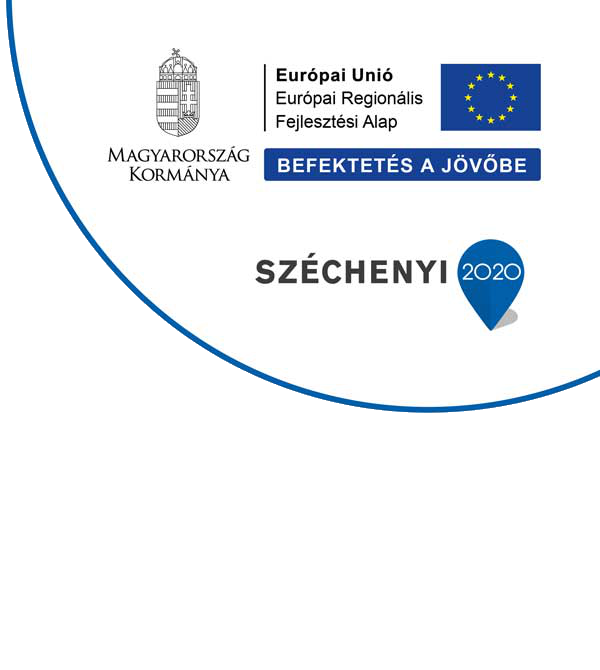During a routine health examination, countless different types of data are recorded about a patient’s condition. Think about how many different types of data you could see on the assessment sheet of your last blood test. The fact is that healthcare generates a huge amount and variety of data. Collecting, organizing, analyzing and sharing relevant data is essential for effective healthcare. The COVID19 pandemic made us all realize that data can save lives.
The development of a user-friendly, unified health research and analysis data infrastructure is also essential for health innovation. The InnoHealth DataLake (IHDL) project created a unified data and analytics infrastructure capable of collecting, storing and analyzing all health data of the University of Pécs. It can serve as a prototype for the Hungarian healthcare sector.
Data only becomes analyzable, assessable and an actual data asset when its content is transformed into information, stored and organized. The scale of the challenge is illustrated by the current size of the data stored in the PTE central hospital IT system, which contains more than 265 million laboratory and other test descriptions of 1 million patients. To read these more than 2.35 billion words would take about 84 years if one spends 8 hours a day just reading these documents.
The InnoHealth DataLake project has developed an innovative IT data system that enables the use of health data to improve the quality of health services and healthcare (e.g. patient journey analysis, cost optimization). The system discovers new correlations within diagnosis and therapy from a health economics perspective and offers new opportunities in the fields of health, pharmaceutical research and innovation.
Half way through the project, the symposium in early summer aimed to present the progress made so far within the InnoHealth DataLake project and to outline the future directions and plans for further development. The full range of results was presented through the three main project areas, technology, law and medicine. Symposium Event details.
Watch the event evaluation video by our CEO, Antal Kuthy.


